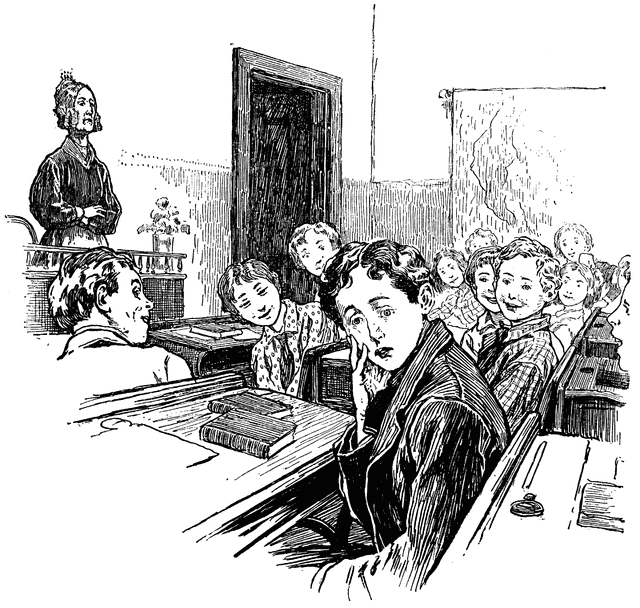Graduate Colloquium: "Neighborhood Taxes for Neighborhood Services: School Improvement Districts as a Tool for Neighborhood Revitalization"
Event

Please join us for the next Urban Studies Graduate Student colloquium, with coffee, croissants and conversation on Tuesday March 19, 9:30-11am, in the Office of the Institute of Urban Research, Meyerson Hall G-12. The series provides a way for graduate students who are or have been a part of the Urban Studies Certificate program to come together to share their work.
Author: Ken Steif, City and Regional Planning
Discussant: Professor Robert Inman, Wharton School
Abstract:
In order to motivate a new public education financing mechanism, School Improvement Districts, this talk presents quasi-experimental evidence that the real estate benefits of the University of Pennsylvania's Penn Alexander School outweighed its costs by factor of 3 to 1 but also lead to a dramatic shift in the demographics of the neighborhood. One takeaway is that middle class households in cities like Philadelphia are willing to pay a premium to access quality public schools.
It is argued that this intervention can be replicated via the Improvement District framework. Improvement Districts grant added efficiency by ensuring a greater proportion of household tax dollars are returned to that household in the form of service benefits, thus decreasing the incentive for them to sort into more efficient suburbs. In addition, like school quality, evidence suggests that these new found service improvements are positively capitalized into home prices.
As is the case with any neighborhood improvement scheme, planners have a responsibility to balance growth and equity. Because renters are particularly susceptible to gentrification-induced displacement pressures, the program also calls for affordable housing provision (tax credit and otherwise) to ensure low-income families have long term access to District-generated increases in education quality.
